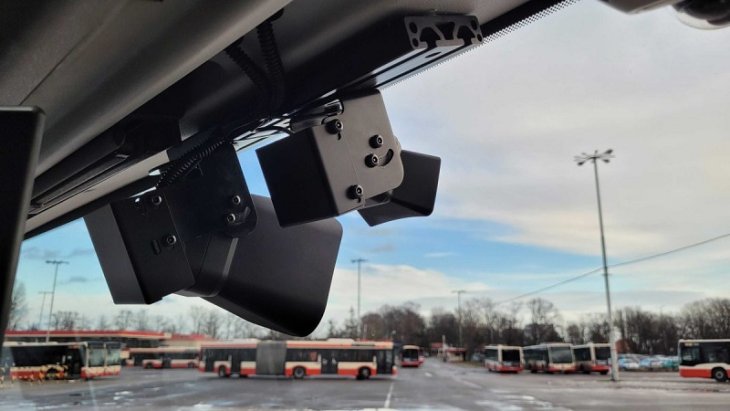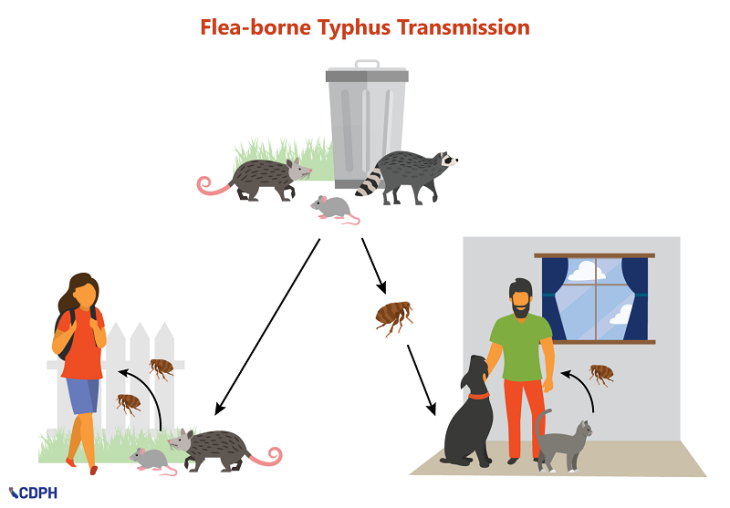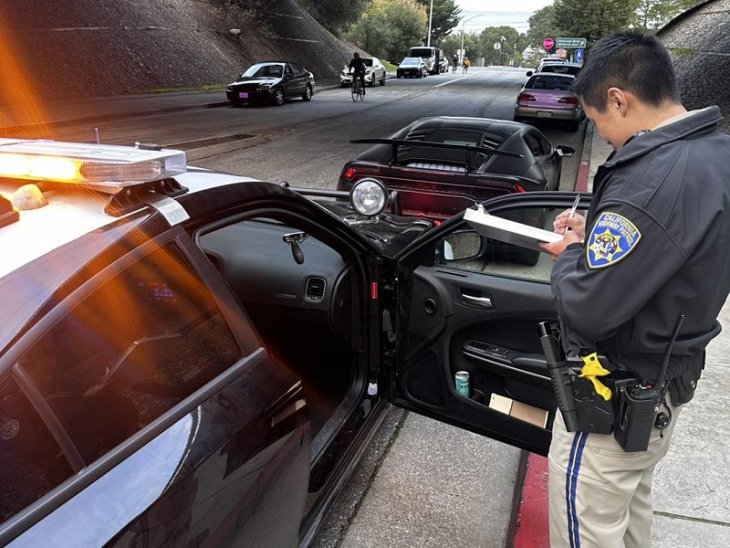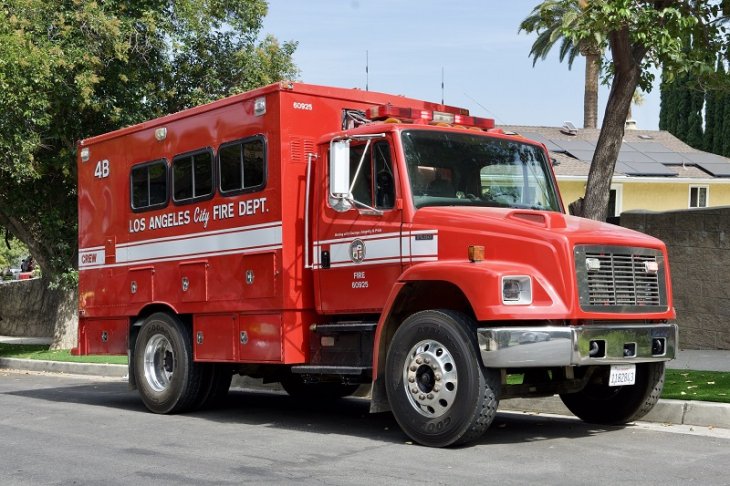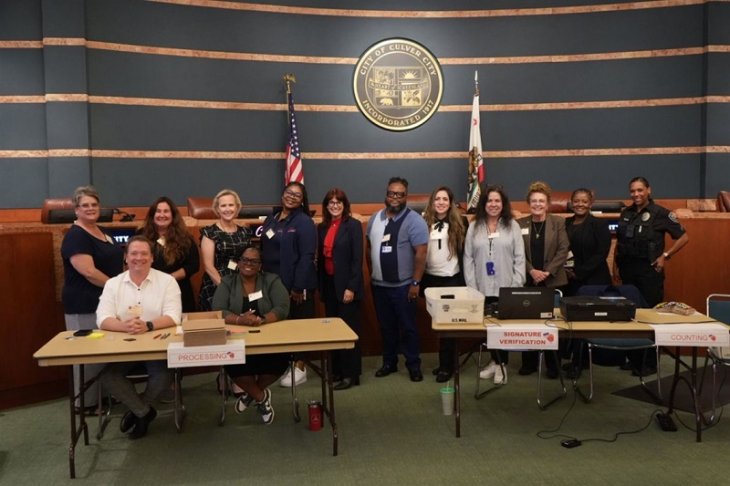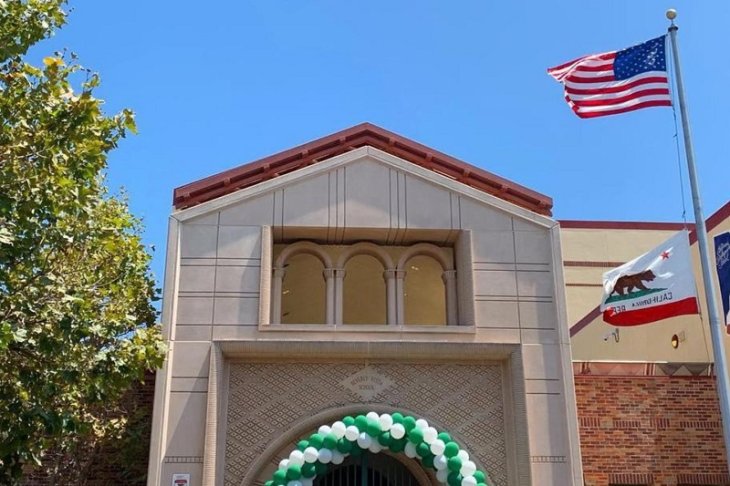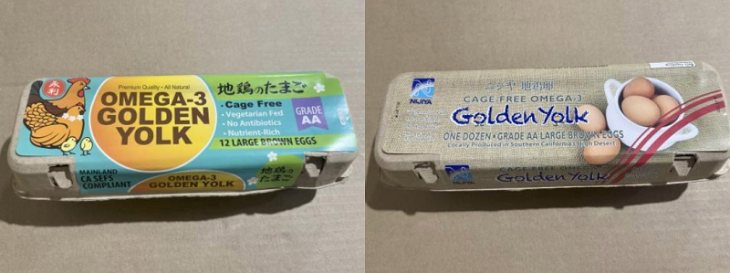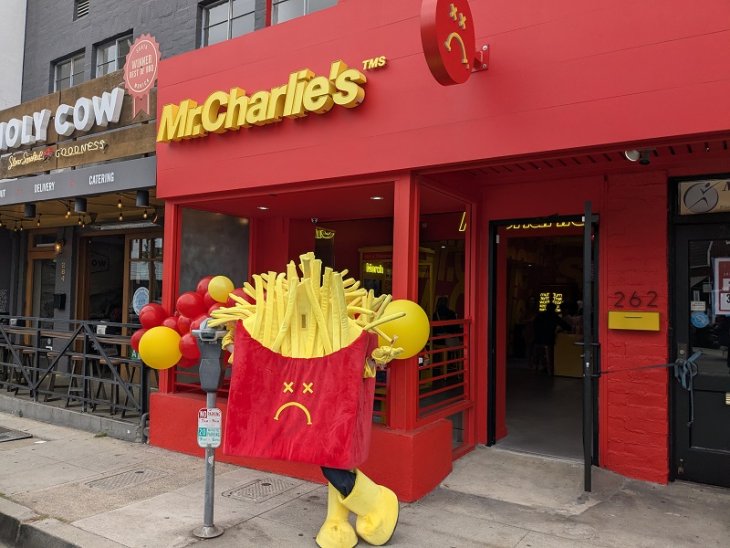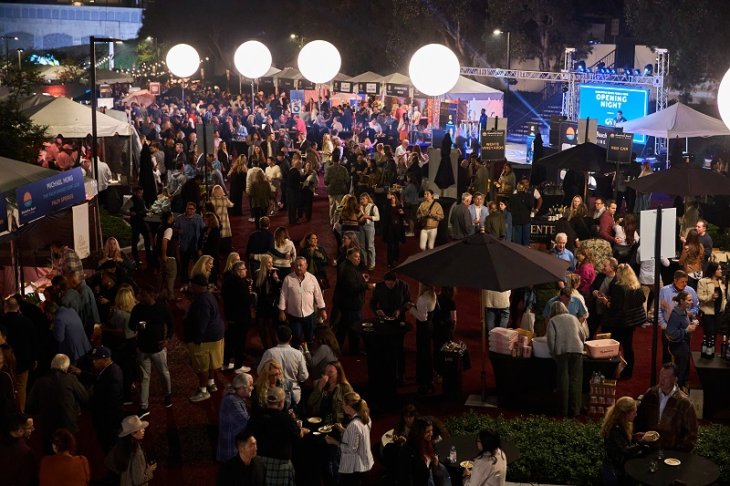 City of Hope researchers have developed “game-changing technology” to chemically modify antibodies so they can cross cell membranes to disable disease-causing proteins inside cells, a feat researchers around the world had long sought to achieve, the hospital and research center announced today.
City of Hope researchers have developed “game-changing technology” to chemically modify antibodies so they can cross cell membranes to disable disease-causing proteins inside cells, a feat researchers around the world had long sought to achieve, the hospital and research center announced today.
To date, drug companies had been reluctant to put effort into developing therapies that target intracellular factors because they couldn’t get them inside cells, according to a City of Hope statement, which said the targets were “undruggable.”
The new technology allows for such targeting and has been licensed to San Diego-based Sorrento Therapeutics, which has joined City of Hope to create a new company, LA Cell Inc., to pioneer the new class of antibodies, the statement said.
The technology was invented by Andreas Herrmann, an associate research professor, and Hua Eleanor Yu, a professor in Tumor Immunotherapy at City of Hope and co-leader of the Cancer Immunotherapeutics Program.
“This novel technology has the potential to revolutionize medicine,” Yu said. “Antibodies that can penetrate the cell could be used to treat what up until now have been incurable diseases, including deadly malignancies like pancreatic cancer and even infectious diseases like HIV.”
Yu and Herrmann discovered that antibodies could be chemically modified to allow passage into a cell’s interior, or cytoplasm, without compromising their ability to recognize specific targets. They have tested the technology to modify a number of antibodies to recognize several critical cancer-causing oncoproteins, including STAT3, which is activated in a majority of human cancers.
“Treatment with the modified STAT3 antibodies significantly slowed tumor growth in animal models of cancer …” Herrmann said. “The unmodified antibodies didn’t even penetrate cultured tumor cells.”


